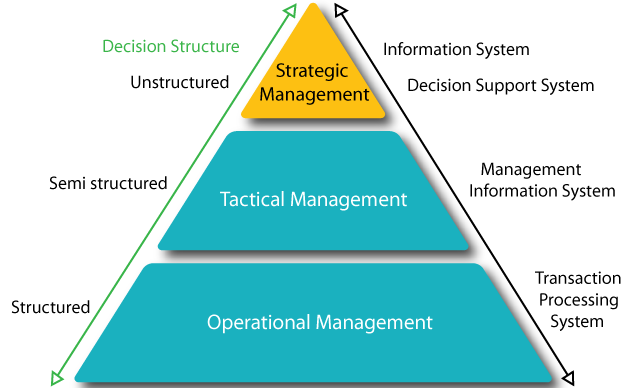
Improved Decision-Making
MIS provides timely, relevant, and accurate data to managers, enabling smarter strategic and operational decisions.

Management Information Systems (MIS) is the integration of technology, people, and business processes that helps organizations collect, process, store, and analyze data. MIS transforms raw data into meaningful information that decision-makers use to manage daily operations and make informed business decisions.Big Data refers to extremely large datasets—structured, semi-structured, or unstructured—that are too complex to be managed and analyzed using traditional tools. It encompasses everything from numbers and text to images, audio, video, geolocation data, and log files. Advanced Big Data technologies are designed to store, process, and analyze this information at high speed and scale.
At its core, MIS is a structured combination of hardware, software, procedures, and personnel working together to support business processes and enhance organizational efficiency.
In today’s data-driven world, businesses require fast and accurate information to make effective decisions. Here’s why implementing MIS is crucial:
MIS provides timely, relevant, and accurate data to managers, enabling smarter strategic and operational decisions.
MIS systems facilitate internal communication and external collaboration through built-in tools like email and SMS integration, improving coordination with employees, customers, and vendors.
MIS stores and maintains historical business data, offering a reliable reference point for audits, analysis, and strategic planning.


A robust MIS framework includes the following key elements:
People: The users who interact with the system to input, manage, and analyze data.
Data: Business information collected and processed for insights.
Processes: Standardized procedures for data entry, storage, and analysis.
Hardware: Physical components like servers, computers, printers, and networking devices.
Software: Applications used to process data—such as databases, spreadsheets, and reporting tools.
These components work in unison to ensure streamlined business operations and accurate reporting.
Operational Level Use: Handles day-to-day business transactions.
Example: Point-of-Sale (POS) systems for tracking daily sales and inventory.
Middle-Management Use: Generates actionable reports, trends, and summaries from TPS data for semi-structured decisions.
Executive Use: Combines MIS insights with external data (market trends, competition) to support high-level strategic decision-making.
At Concern Infotech, we build custom MIS platforms that streamline operations and accelerate data-driven decision-making for businesses of all sizes.
Whether you’re a startup or a large enterprise, our MIS solutions give your team the insights needed to operate efficiently and scale strategically.